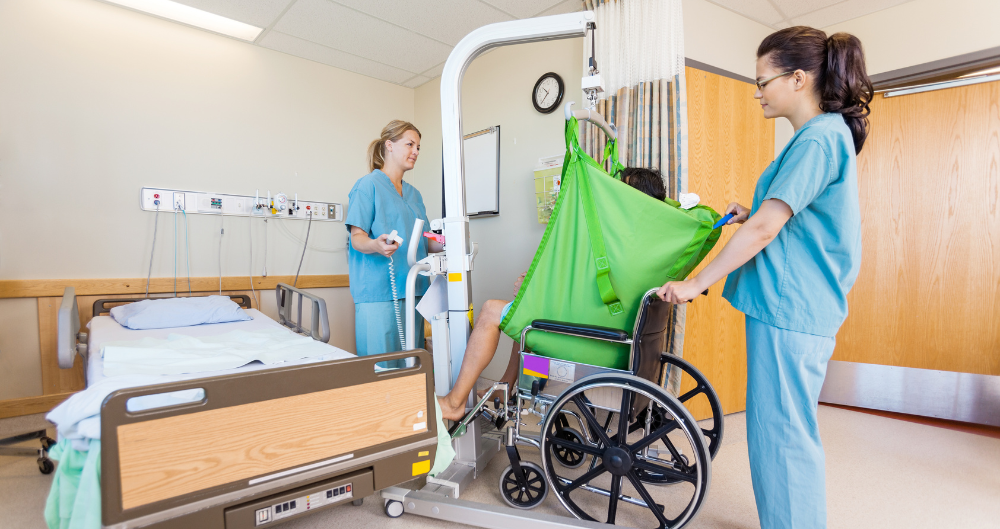How to Become an LPN in Vermont

What is LPN?
LPN stands for Licensed Practical Nurse. LPNs are healthcare professionals who provide basic nursing care under the supervision of registered nurses (RNs) or physicians. Their responsibilities include monitoring patients' health, administering medications, and assisting with daily living activities.
How do I get a job as a LPN?
Once you have your LPN license, you can search for job opportunities in healthcare facilities, such as hospitals, nursing homes, and home healthcare agencies. Many employers also post job openings on job boards and recruitment websites.
Career Paths and Opportunities after Becoming a LPN
With your LPN certification, you can pursue a variety of career paths, such as working in long-term care facilities, home health agencies, or physician's offices. You may also choose to further your education and become a Registered Nurse (RN) or specialize in a particular area of nursing.
Final Thoughts
Becoming an LPN in Vermont can be a rewarding and in-demand career path. By completing an approved LPN program, passing the NCLEX-PN exam, and obtaining your license, you can start your journey as a healthcare professional and make a difference in the lives of your patients.
Wondering if there's more? Perhaps these other articles will be more helpful if this one isn't exactly what you're after:

Athena is Co-founder and CEO of Dreambound.




